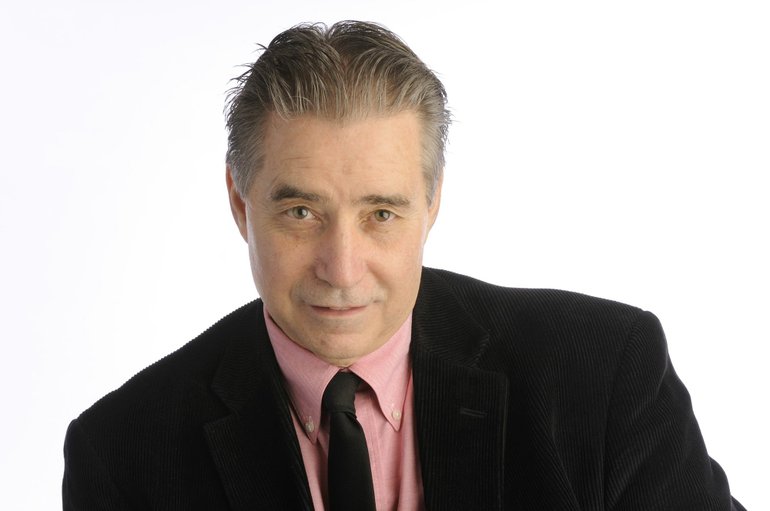Good morning, class! I’m Professor L. Anthony Brancaccio, and welcome to Politics 101.
Today, we’re going to discuss what drives politicians to do what they do, especially with difficult topics.
And trust me, don’t look for answers to this question in any textbook or even in most of the media.
Who would like to take a stab at answering that? Yes, Jimmy?
“Well, wouldn’t politicians do what they do because they’ve determined it would be best for their constituents?”
Now, that’s a very noble answer, and I’m certain it does happen. But there are lots of people tugging on politicians. Big business, big unions and all those campaign contributors. So how do politicians do what they think is right against all those forces? Yes, Hannah?
“Well, that’s where political will comes in, right?”
Good point, Hannah. Who wants to take a stab at a definition of political will? Jake?
“The commitment to an objective knowing consequences will result.”
Very good! For example, let’s say a politician is getting campaign money from government employees. If he knows their pay, benefits and pension plan is way too much compared to the private sector, and stands up against it, that’s political will.
OK, who can come up with a few real-life examples of political will?
…… Anybody? …… Anybody? …… Anybody!!!! …… OK, let’s move on.
So if we’re not seeing political will — some would call that leadership — then what are we seeing? Danni?
“Well, it seems to me that most politicians wait until we’re in a crisis before they finally decide to do something about it.”
Excellent point. And what might one call this? Cooper?
“Political cover.”
Jimmy, ring the bell! Cooper gets a gold star! Now we’re rolling. So what is political cover? Hannah?
“Waiting until one is forced to act — usually during a crisis — so one can tell one’s supporters one did it, not because one wanted to do it, but because one had to do it.”
Do you see more political will or political cover? Vote in our readers poll at http://www.columbian.com/polls.
I might have to move you to the Politics 202 course Hannah!
Does anyone have any examples of political cover? Slow down, slow down, I can only call on one person at a time. Yes, Cooper?
“Would that be what this big federal deficit committee is? Rather than cutting our huge deficit long ago because, well, it would have been the right thing to do, committee members waited for a crisis so they could say they had to do it.”
Exactly! The fact that they are being forced to do it gives them political cover. A politician can say, “I didn’t want to do it, but I had no choice.” That’s political cover.
Any local examples? Jimmy?
“Well it seems like politicians finally are trying to slow down the pay, benefits and other goodies governmental workers are getting. Not because they’re trying to level the playing field with the private sector but because they are out of taxpayer money. So politicians can tell governmental workers they didn’t want to do it but they had to do it. And that would be political cover, right?
Correct! As one politician recently said to some local public workers when they didn’t get what they wanted: “Our hands are tied.”
Any last thoughts? Jimmy?
“Kind of seems the reason why there is such a need for political cover is because the main goal is to get re-elected, not to do a great job.”
Jimmy, that sounds a bit too skeptical for my taste.
OK, great discussion, class. By the way, who thinks we’ll begin to see some things finally change?
……… Anybody? ……… Anybody?
Lou Brancaccio is The Columbian’s editor. Reach him at 360-735-4505 or
lou.brancaccio@columbian.com.




